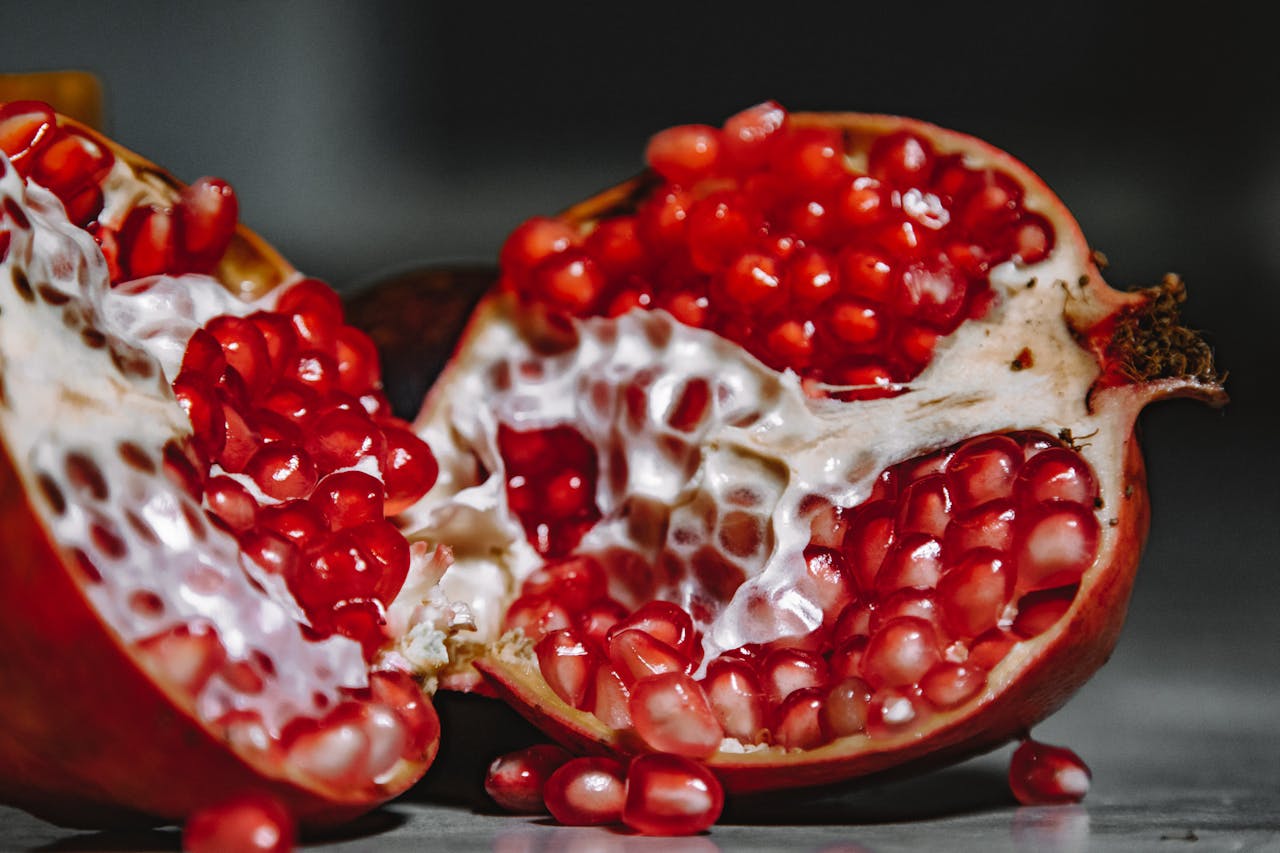What Does Iron in Your Body Do?
Iron is an important mineral that is utilized in many processes within the body, making it key to your health in general. Iron is most commonly known for its connection with blood and energy. However, it plays an important role in other physiological processes as well; this is what we will look into in this article in relation to a health concern, which is the iron levels in one’s body.

1. Transport of glucose and oxygen
The most essential part of iron in the human body is involved in the process of oxygen transportation. Iron is present in the hemoglobin of red blood cells and serves to move oxygen from breathing lungs to all body tissues and systems. Hemoglobin presents about two thirds of iron found within the body. When there is a deficiency in iron, the body is unable to manufacture sufficient hemoglobin and hence a condition known as anemia is caused in which adequate oxygen fails to reach the organs and muscles, causing energy loss and inability to withstand physical activity.
2. Energy Production
Furthermore, iron is also connected to energy production. It is an important part of cytochromes which are protein substances present within mitochondria which are the cell organelles responsible for energy production in a cell. The cytochromes are responsible for converting the nutrients absorbed in the body, into molecular energy in the form of ATP or adenosine triphosphate, which is the energy currency of the body. This is the reason why iron is important is not only for physical energy intake, but for mental energy as well, considering how much oxygen and energy is required by the brain.
3. Immune System Support
In addition, iron resides within the immune system, helping white blood cells fend off infections at the very least by enhancing the function of these immune cells. Normal iron levels in the body allow the immune system to perform effectively whenever dangerous microorganisms are encountered. Iron deficiency can be compounded by diseases, making one more vulnerable to infections.
4. Cognitive Function and Brain Health
The brain is an organ that consumes a lot of oxygen, and this is where iron comes in — as it is necessary for the brain to operate optimally. This mineral also assists in the formation of several other neurotransmitters like dopamine and serotonin which are important for one’s mood, ability to think and even remember. Research has indicated that iron deficiency is associated with complaints like brain foggy, inability to focus and difficulties in learning What Does Iron in Your Body Do
5. The Role of Iron in Performance of Muscles
Muscle iron is majoritarily contained in a muscle protein called myoglobin which ensures that the muscles are effectively energetic and performing through storage of oxygen. Myoglobin serves a function comparable to haemoglobin but is within the muscle cells to provide the needed oxygen for the contraction and other actions of the muscles. Constant exposure to such iron deficiency will lead in an individual especially physically active muscle weariness and optimum physical inactivity.
6. Cell Growth and DNA Synthesis
This mineral is required for growth and differentiation of all cells, including the synthesis and integrity of the DNA. This helps in replenishing the existing cells when it is necessary, as well as in enhancing the skin, hair as well as nails tissues. These mechanisms are affected when iron is not in sufficient levels, for example hair may start falling and healing of scars becomes prolonged.
7. Iron Regulation
Iron balance is tightly controlled in the body such that iron absorption and storage will meet physiological requirements without reaching toxic levels. Iron is primarily stored in the liver, spleen, and bone marrow, which serve as reserves for future use. The body however has a limit to the amount of iron it can hold, excessive amounts result in medical complications for instance the condition known as hemochromatosis which involves abnormal deposition of iron in various organs and systems leading to liver cirrhosis among other complications such as heart failure and diabetes.
8. Iron in Diet and Supplementation
Food is a source of iron which is a dietary mineral and is present in two forms, heme iron sourced from animals as in red meat, chicken, and fish and non-heme iron sourced from plants in food like lentils, beans, and green leafy vegetables. Heme iron is readily absorbed by the body compared to non-heme iron which is usually of significant importance to vegetarians and vegans.
In some contexts, it may be imperative to use supplements, especially for specific groups of individuals, including women of reproductive age, pregnant women, vegetarians, people who engage in sports, or those with some diseases, who are more likely to have an iron deficiency. Yet it is necessary to keep an eye on the amounts of iron taken in since excessive amounts can be dangerous.
Conclusion
There is no life without iron. Life processes such as movement of oxygen, generation of energy, sustenance of immunity and even functioning of the brain are influenced by this mineral in many systems of the body. A well-balanced diet with sufficient iron levels is essential for good health. Healthy nutrition and, if necessary, medicine should help in avoiding iron deficiency or overload which can both be very troublesome for health.
Knowing where iron functions within your body clearly explains why it is important for a healthy, active and alert life.

